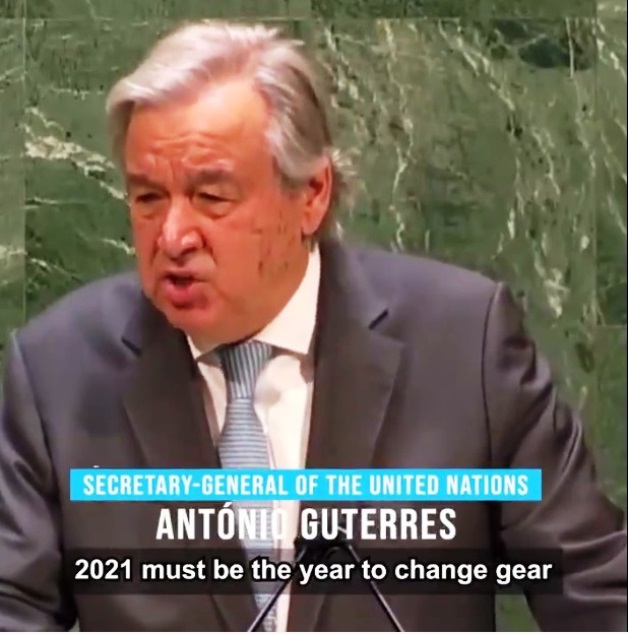The USA’s sanctions on several Chinese and Belarusian companies for their involvement in supplying critical components to Pakistan’s ballistic missile program signal a firm stance against the proliferation of weapons of mass destruction
 KRC TIMES Desk
KRC TIMES Desk

The USA’s sanctions on several Chinese and Belarusian companies for their involvement in supplying critical components to Pakistan’s ballistic missile program signal a firm stance against the proliferation of weapons of mass destruction.
These measures, taken under Section 1(a)(ii) of Executive Order 13382, demonstrate the US commitment to curbing the destabilising activities that threaten regional security. Pakistan’s ballistic missile program has long been a matter of concern for international peace and stability. The sanctioned companies, including the Minsk Wheel Tractor Plant from Belarus and several Chinese firms, are alleged to have provided crucial components and equipment essential for Pakistan’s missile development efforts.
These components range from vehicle chassis to machinery used in the production of rocket motor cases and propellant tanks. Such contributions enable Pakistan to advance its ballistic missile capabilities, posing a direct threat to neighbouring countries and beyond. The development and acquisition of long-range missiles not only raise tensions in the region but also pose a risk to global security. By targeting entities that facilitate such programs, the US is sending a clear message that it will not tolerate activities that undermine efforts towards peace and disarmament.
It is essential to recognise the broader implications of these actions. By sanctioning entities involved in proliferation activities, the US is not only safeguarding its interests but also upholding international norms and obligations aimed at preventing the spread of weapons of mass destruction. Moreover, these measures serve as a deterrent to other potential suppliers, signalling the consequences of engaging in illicit proliferation activities. Efforts to prevent the spread of sensitive technologies must involve collaboration among nations. With Pakistan’s past collaboration with terror organisations and their present situation USA and its allies have to take a firm stand to secure the world. The message is clear that such actions will not go unpunished.






